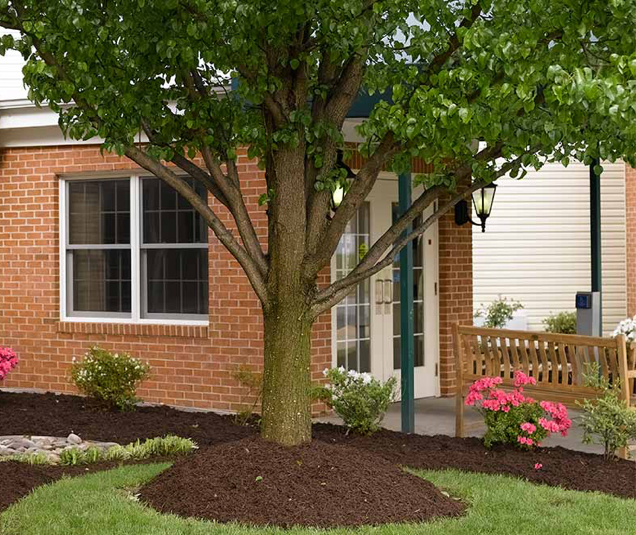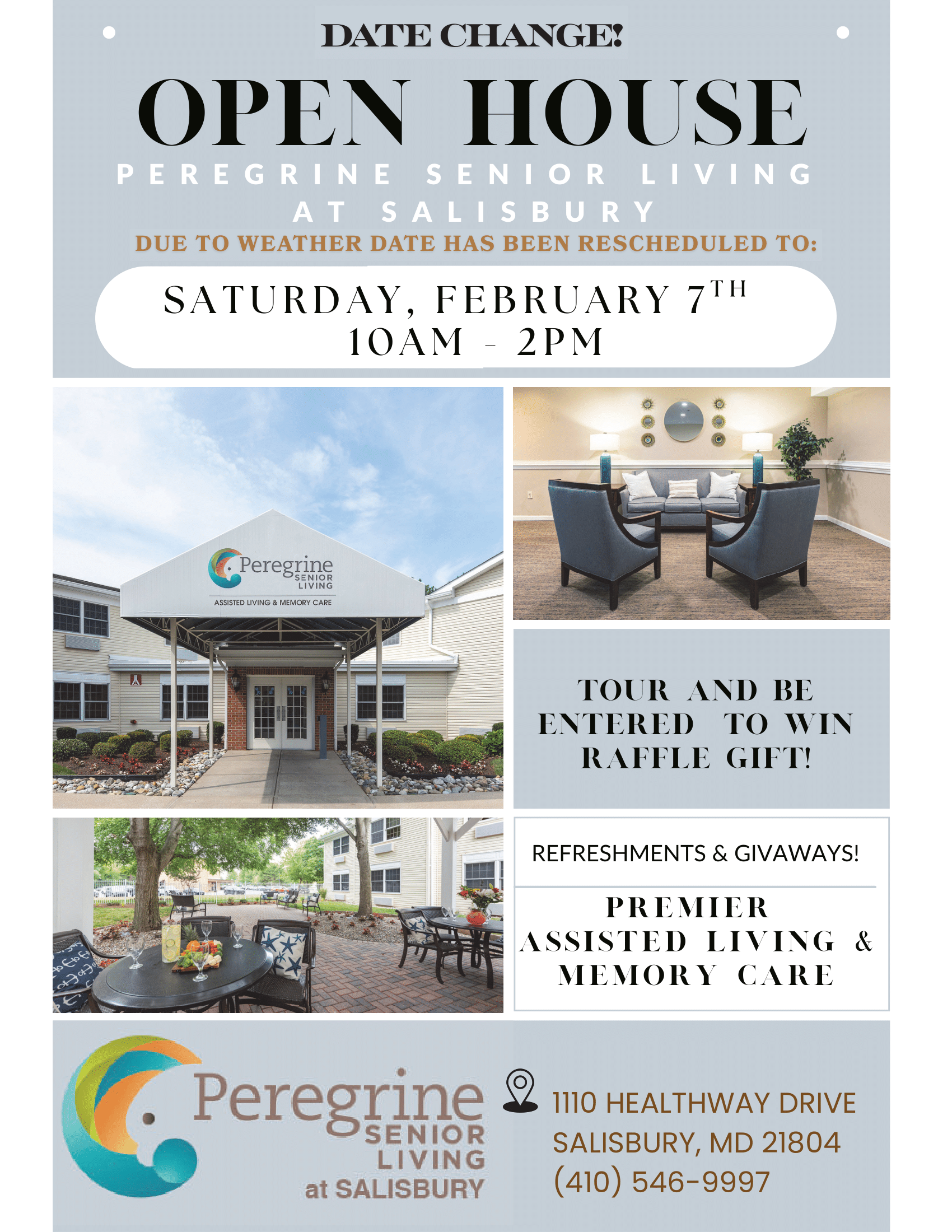As your loved ones age, you want to know that they’ll be safe and supported in their living environment. You also want to make sure that they’re living a fulfilling life—and that you don’t have to worry about their safety and well-being.
Assisted living can help with all of these concerns. Assisted living is aimed at older adults who need support with one or more of the daily activities of living like bathing, grooming, and nutrition.
Assisted living is the perfect fit for those seniors whose need for support has outgrown their home. These communities allow older adults to receive the additional help they need while still enjoying the freedom to pursue their own hobbies and interests.
Who Qualifies for Assisted Living?
Generally, seniors who require assistance with daily activities, but who do not need intensive medical care are considered to be good candidates for assisted living. Signs and changes in your loved one’s life that indicate that assisted living might beneficial for them, include:
- Difficulty with daily living activities. If your loved one struggles with tasks like cooking, cleaning, or managing medications, consider assisted living. These communities provide the support needed to handle these daily responsibilities safely and efficiently.
- Cognitive Health. If your loved one is experiencing memory loss, confusion, or other cognitive impairments that make living alone unsafe, assisted living may be a good solution. These facilities offer specialized programs and environments that cater to mental health needs.
- Changes in health and safety. Frequent falls, unexplained weight loss, or worsening chronic conditions are red flags that your loved one needs more help than you can provide at home.
- Social interactions. If your loved one is becoming increasingly isolated or showing signs of depression, assisted living can offer a supportive community, social activities, and a sense of belonging, all of which are crucial for emotional health.
Assisted living is not just a decision; it’s an experience—a chance to connect with others and focus on what makes us happy.
What Are the Assisted Living Levels in Maryland?
Assisted living communities differ in the level of care they provide. Understanding these levels can help you choose the suitable facility that matches your loved one’s needs. Maryland classifies assisted living into three levels based on the intensity of care required.
Level 1 is for residents who need minimal assistance. These individuals are primarily independent but require help with a few daily activities. Level 1 facilities ensure that residents receive the necessary support while maintaining as much independence as possible.
Level 2 provides moderate assistance. Residents here need help with several daily tasks, including personal care and medication management. The staff in Level 2 communities are trained to offer more hands-on support while encouraging residents to engage in social activities and hobbies.
Level 3 is for those who need substantial care. These residents may have significant mobility issues or chronic health conditions requiring constant supervision and assistance. Level 3 facilities have a higher staff-to-resident ratio and offer more intensive support to ensure the safety and well-being of their residents.
How Much Does Assisted Living Cost in Maryland?
The cost of assisted living can vary significantly based on the level of care, location, and amenities offered. Assisted living typically includes accommodation, meals, housekeeping, and primary care services.youtyou
Financial assistance options are available to help manage these costs. Medicaid, long-term care insurance, and veterans’ benefits are some resources that can alleviate the financial burden. Exploring all available options and speaking with a financial advisor to plan accordingly is essential.
While the cost may seem high, it’s essential to weigh this financial investment against the comprehensive care, safety, and quality of life your loved one will receive. Investing in the right assisted living community can significantly enhance their well-being and peace of mind.
What Can You Expect in Assisted Living?

Assisted living communities aim to create a supportive and enriching environment for their residents. Understanding what to expect can ease the transition and help your loved one feel more comfortable with the move.
- Personalized Care Plans. Each resident receives a tailored care plan based on their specific needs and preferences, ensuring they receive the right level of support while maintaining their independence.
- Daily Activities and Social Programs. From fitness classes to art workshops, these communities offer a variety of activities to keep residents engaged and active. These programs can improve physical health, mental well-being, and social connections.
- Professional and Compassionate Staff. Caregivers are trained to provide respectful and empathetic care, ensuring your loved one feels valued and understood. Their presence offers reassurance that your loved one is in good hands.
At Peregrine Senior Living, our Peregrine Way is designed to elevate the lives of our residents and their families through 1) supporting long-term memories, 2) family involvement, and 3) staff training. This approach celebrates each person’s individuality and creates a vibrant, joyful atmosphere in our community.
Peregrine Senior Living at Salisbury believes in tapping into the power of long-term memories, using everything from music and pets to family gatherings to create positive experiences. Contact us today to see how we can enrich your loved one’s life.













Dining at our community is about more than what’s on the plate—it’s about connection, community, and the joy of gathering together.
Our talented culinary team crafts meals that are both delicious and nutritious, offering flavors that comfort and inspire.
From themed dinners to chef demonstrations, each meal becomes an opportunity to savor the moment and celebrate life’s simple pleasures. 🍴
peregrinesalisbury.com/ ... See MoreSee Less
0 CommentsComment on Facebook
Be a cactus in a world of delicate flowers
Assisted Living Residents creating colorful plants ... See MoreSee Less
0 CommentsComment on Facebook
Birthday bash with Shortcut Sunny 🎂🎉 ... See MoreSee Less
1 CommentsComment on Facebook
Collecting memories, one shell at a time.
Assisted Living Residents made their photo frames ... See MoreSee Less
1 CommentsComment on Facebook
Today we celebrate the caregivers—those whose quiet strength and unwavering compassion bring comfort to so many.
We see the difference caregivers make every day: holding a hand, sharing a smile, or offering reassurance when it’s needed most. 💕
Your dedication reminds us that true care goes beyond tasks—it’s an act of love, patience, and humanity.
Thank you for all you do to make the world a more compassionate place.
peregrinesalisbury.com/ ... See MoreSee Less
0 CommentsComment on Facebook
Mardi Gras Celebration ... See MoreSee Less
0 CommentsComment on Facebook
“Laissez les bons temp rouler!”
(Let the good times roll!)
Memory Care residents decorate Mardi Gras masks to celebrate the holiday. ... See MoreSee Less
1 CommentsComment on Facebook